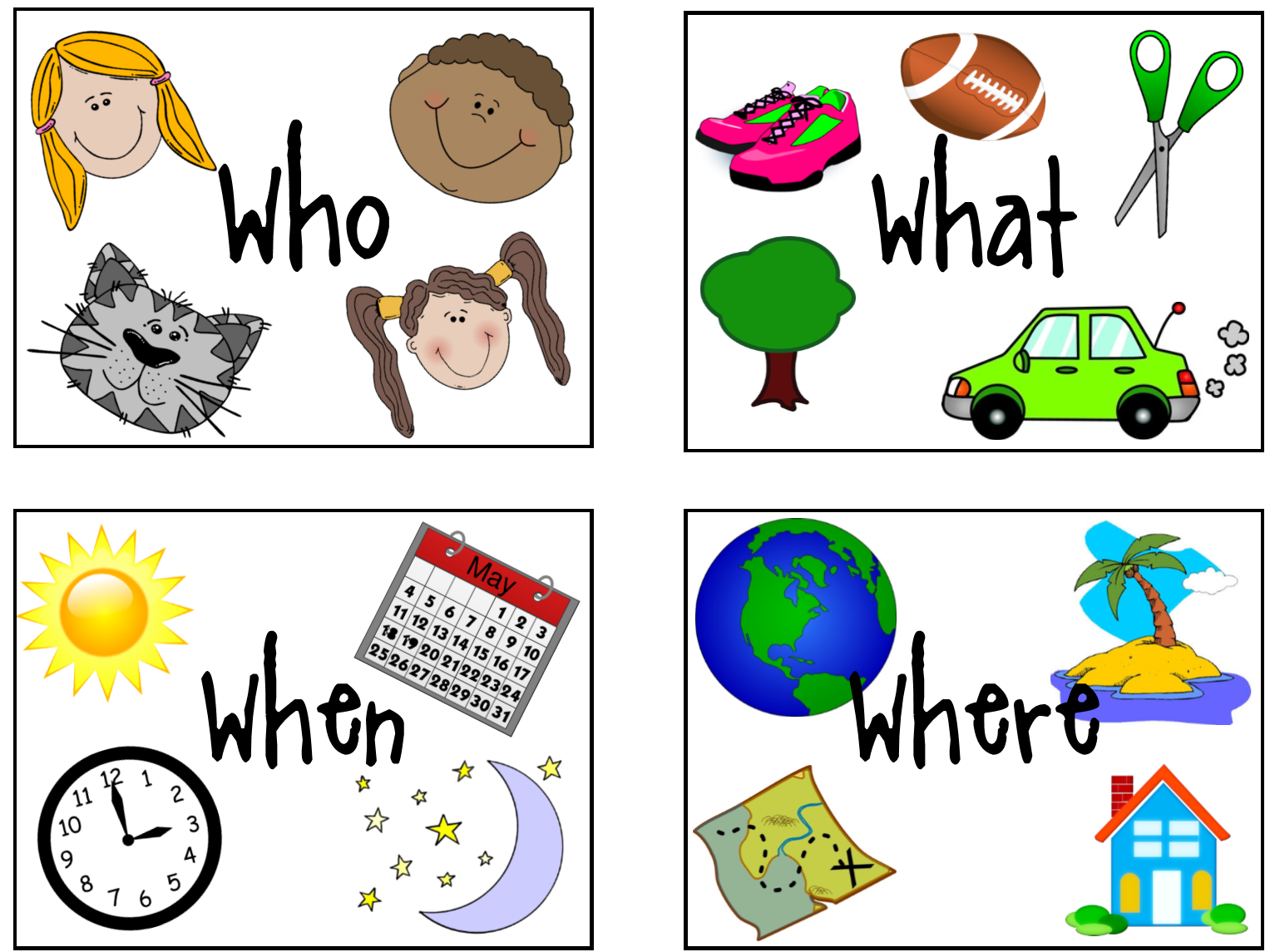WH questions are essential components of the English language, enabling individuals to seek information and clarify uncertainties. These questions, starting with words such as who, what, where, when, why, and how, play a crucial role in communication, enhancing understanding and interaction. In this article, we will delve into the intricacies of WH questions, exploring their significance, usage, and nuances that make them indispensable in both spoken and written language.
As we navigate through the various facets of WH questions, we will also provide examples and practical tips that can aid both learners and educators in mastering these essential language tools. Our goal is to create a resource that not only informs but also engages readers, encouraging them to apply their knowledge in real-life contexts.
Whether you are a student, teacher, or simply someone interested in language, this guide will equip you with the knowledge needed to understand and utilize WH questions effectively. Let’s embark on this journey to explore the world of WH questions and their impact on our daily interactions.
Table of Contents
- What Are WH Questions?
- Importance of WH Questions
- Types of WH Questions
- How to Form WH Questions
- Common Mistakes in WH Questions
- WH Questions in Different Contexts
- Practical Tips for Using WH Questions
- Conclusion
What Are WH Questions?
WH questions are inquiries that begin with specific words known as WH words. These words include:
- Who
- What
- Where
- When
- Why
- How
These questions serve to gather information, clarify details, and foster conversation. By using WH questions, speakers can engage others in dialogue, making them a vital part of effective communication.
Importance of WH Questions
Understanding and utilizing WH questions is crucial for various reasons:
- Enhances Communication: WH questions facilitate clearer communication by allowing individuals to seek specific information.
- Encourages Critical Thinking: These questions promote deeper inquiry and exploration of topics.
- Supports Learning: In educational settings, WH questions encourage students to engage with content and develop comprehension skills.
Mastering WH questions not only aids in effective communication but also fosters a deeper understanding of language and its nuances.
Types of WH Questions
WH questions can be categorized based on the information they seek:
1. Questions About People (Who)
These questions inquire about individuals or groups. For example, "Who is your favorite author?"
2. Questions About Objects or Concepts (What)
These questions seek information about things, ideas, or concepts. For example, "What is your favorite book?"
3. Questions About Locations (Where)
These questions focus on places. For example, "Where do you live?"
4. Questions About Time (When)
These questions inquire about timing. For example, "When is your birthday?"
5. Questions About Reasons (Why)
These questions seek explanations or justifications. For example, "Why do you enjoy reading?"
6. Questions About Methods (How)
These questions inquire about processes or means. For example, "How do you study for exams?"
How to Form WH Questions
Formulating WH questions involves a specific structure. Here’s a general guideline:
- Start with the WH word (who, what, where, when, why, how).
- Follow with the auxiliary verb (if applicable).
- Include the subject of the question.
- Add the main verb and any additional information.
For example, the question “Where do you live?” follows this structure:
- WH word: Where
- Auxiliary verb: do
- Subject: you
- Main verb: live
Common Mistakes in WH Questions
When forming WH questions, individuals often make several common mistakes:
- Omitting the Auxiliary Verb: For example, asking "Where you live?" instead of "Where do you live?"
- Incorrect Word Order: Maintaining the proper structure is crucial. For instance, "What you want?" should be "What do you want?"
- Using the Wrong WH Word: Choose the appropriate WH word based on the information sought.
Avoiding these mistakes can enhance the clarity and effectiveness of your WH questions.
WH Questions in Different Contexts
WH questions can vary in usage across different contexts:
1. Educational Settings
In classrooms, WH questions stimulate discussion and critical thinking among students, encouraging them to analyze and reflect on the subject matter.
2. Everyday Conversations
In daily interactions, WH questions foster engagement and connection, helping individuals learn more about each other.
3. Professional Environments
In the workplace, WH questions can clarify tasks, settings, and expectations, ensuring effective communication and collaboration.
4. Research and Inquiry
WH questions are essential in research, guiding the investigation and exploration of topics, leading to deeper insights and understanding.
Practical Tips for Using WH Questions
Here are some practical tips to enhance your use of WH questions:
- Practice Regularly: Engage in conversations where you can use WH questions frequently.
- Listen Actively: Pay attention to how others use WH questions to enhance your understanding.
- Reflect on Your Questions: After asking a WH question, consider the responses and how they can lead to further inquiries.
Conclusion
In conclusion, WH questions are a fundamental aspect of effective communication. They enhance understanding, encourage engagement, and promote curiosity. By mastering the formation and usage of WH questions, individuals can improve their conversational skills and foster meaningful interactions.
We encourage you to practice using WH questions in your daily conversations and explore their various applications in different contexts. Your feedback is valuable to us; feel free to leave a comment, share this article, or check out other informative content on our site.
Thank you for reading, and we look forward to welcoming you back for more insights and knowledge!



